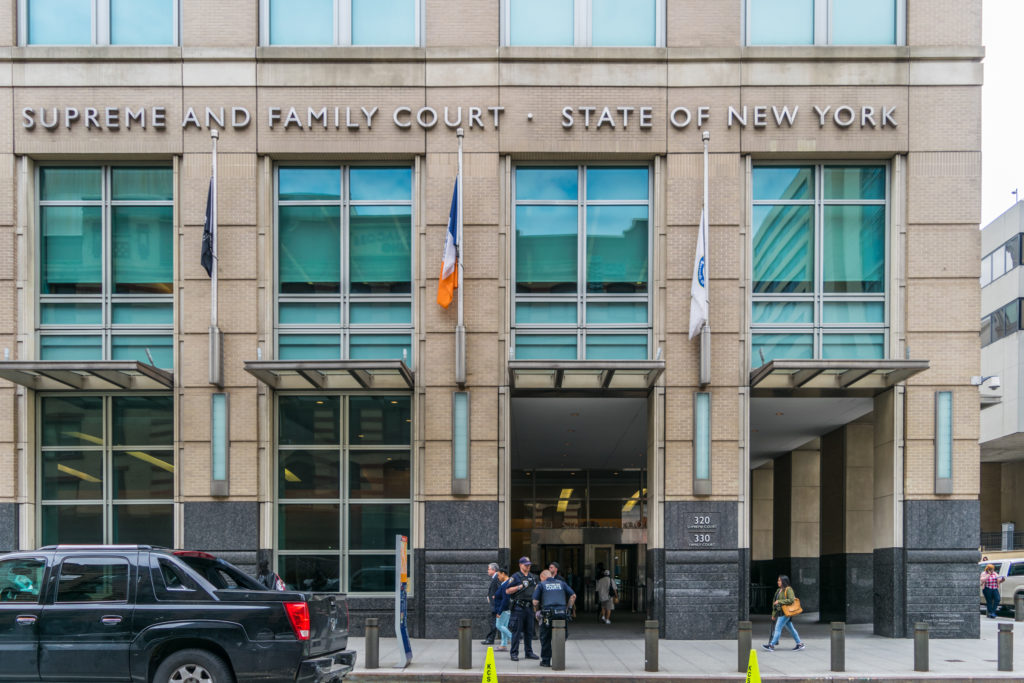Brooklyn Supreme Criminal expands operations to include non-essential matters

The Kings County Supreme Court, Criminal Term, began what it is calling Phase 2 of its plan to operate remotely when it began hearing certain non-essential matters on Monday.
For nearly a month it had worked to streamline the process of holding remote arraignments and other emergency hearings. On Monday it expanded its operations to include virtual pleas that may or may not result in the defendant’s release, sentences to state prison time, new filings of violations of parole, motion practice, judicial subpoenas and various types of warrant applications.
To implement the next portion of the plan, the court implemented a two-tiered system for initiating Skype conferences.

Brooklyn Boro
View MoreNew York City’s most populous borough, Brooklyn, is home to nearly 2.6 million residents. If Brooklyn were an independent city it would be the fourth largest city in the United States. While Brooklyn has become the epitome of ‘cool and hip’ in recent years, for those that were born here, raised families here and improved communities over the years, Brooklyn has never been ‘uncool’.